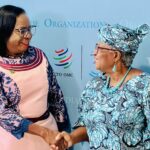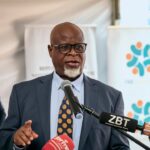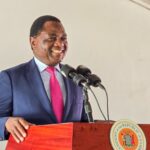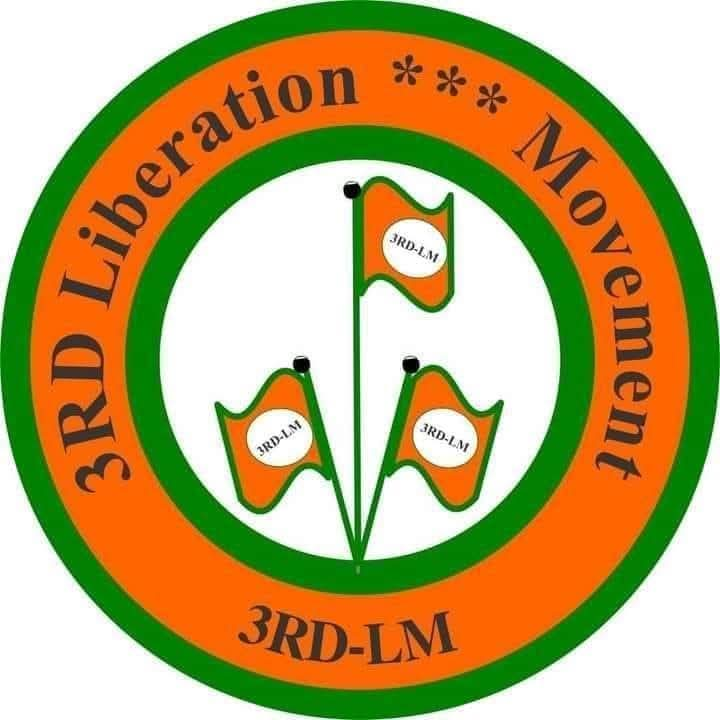In a bold and controversial move, the opposition Third Liberation Movement (LM) has announced that, should the party come to power in the 2026 general elections, it will legalize the brewing of Kachasu, a popular local beer. Party president Enock Tonga, speaking at a media briefing in Lusaka, outlined his plan to support and regulate industries that have long been associated with informality and illegality in Zambia.
Kachasu, a homemade, often unregulated alcoholic beverage, has been widely brewed in various parts of Zambia, despite its potential health risks and its status as an illegal activity. Tonga explained that his proposal to legalize the brewing of Kachasu would provide a way for the poor to improve their livelihoods by turning a traditionally informal business into a legitimate, taxed industry. By doing so, he argued, local brewers would be able to gain proper recognition and benefit from government support.
Tonga’s plan also extends beyond the alcohol industry, as he voiced his support for the legalization of prostitution. According to Tonga, individuals engaged in prostitution should be able to operate freely and safely within the framework of the law. His proposal includes providing prostitutes with operating licenses, which would enable the government to tax their services and regulate the industry. This, he believes, would improve public health and safety, as well as generate revenue for the state.
The proposals have sparked mixed reactions across Zambia. Supporters of the Third Liberation Movement’s vision argue that it could offer solutions to socio-economic issues, particularly in poverty-stricken communities. They see it as an opportunity to regulate industries that are already prevalent, and ensure safer working conditions for those involved.
However, critics of Tonga’s approach have raised concerns about the moral and social implications of legalizing Kachasu and prostitution. Some view the proposals as irresponsible and believe that they could encourage further social instability. Critics also argue that the focus of opposition parties should be on more pressing issues such as job creation, healthcare, education, and infrastructure development, rather than controversial policies that may not have wide public support.
Despite the controversy, Tonga remains resolute, asserting that his proposals are aimed at addressing economic inequality and creating a more inclusive economy for all Zambians. He emphasized that the legalization of these industries would empower marginalized groups, particularly those who rely on informal sectors to earn a living.
As the 2026 elections approach, the Third Liberation Movement’s platform is likely to become a focal point for debates about the future direction of Zambia’s economic and social policies. Whether or not Tonga’s radical proposals will gain traction remains to be seen, but they have certainly put the party at the center of a larger conversation about the role of government in regulating informal sectors and addressing the needs of the poor.






